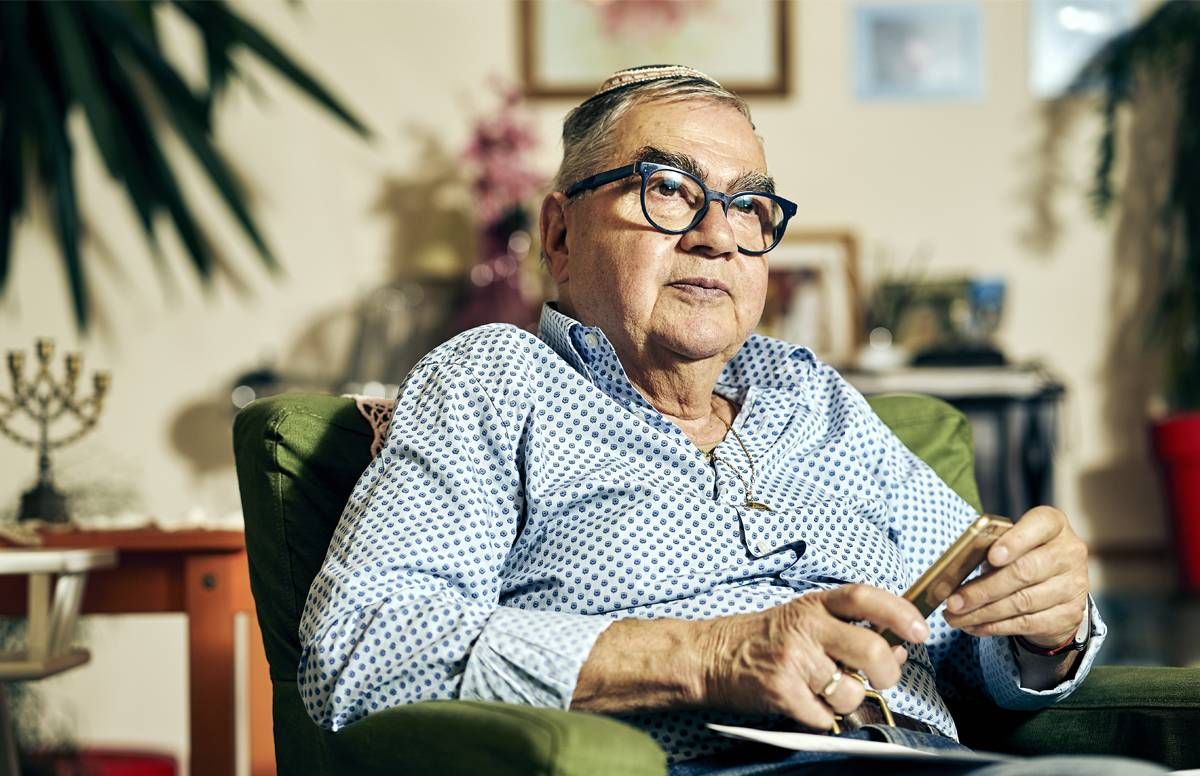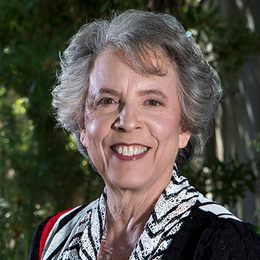The Shelter of Community During the Coronavirus
An Influencer in Aging's timely thoughts on faith and religious tradition
At a time like this, some people turn to their religious tradition for comfort. A beautiful example of this is a poem by Rev. Lynn Ungar called Pandemic.

What if you thought of it
as the Jews consider the Sabbath—
the most sacred of times?
Cease from travel.
Cease from buying and selling.
Give up, just for now,
on trying to make the world
different than it is.
Sing. Pray. Touch only those
to whom you commit your life.
Center down.
And when your body has become still,
reach out with your heart.
Know that we are connected
in ways that are terrifying and beautiful.
(You could hardly deny it now.)
Know that our lives
are in one another’s hands.
(Surely, that has come clear.)
Do not reach out your hands.
Reach out your heart.
Reach out your words.
Reach out all the tendrils
of compassion that move, invisibly,
where we cannot touch.
Promise this world your love–
for better or for worse,
in sickness and in health,
so long as we all shall live.
–Lynn Ungar 3/11/20
The Most Important Lesson of the Pandemic
I love this poem… and yet it troubles me.
Yes, the Sabbath is a time to be, not to do, a time when we sit with what is without trying to change it. The invitation to view this challenging time through that lens is empowering. We can slow down, center down and perhaps through the quiet, remember what matters most in our lives. This is indeed a gift.
But maybe not for everyone.
We are connected in ways that are terrifying and beautiful, and our lives literally are in each others’ hands.
Not for those who are losing their jobs or trying to balance taking care of their kids while they work from home or worrying about aging parents in long term care facilities that they can’t visit.
Not for those first responders, risking their own health to respond to a public health emergency. And not for older adults living alone.
Maybe we should never give up on trying to make the world different from what it is until the world really does understand the most important lesson of this pandemic: we are connected in ways that are terrifying and beautiful, and our lives literally are in each others’ hands.
Our Commitment to Covering the Coronavirus
We are committed to reliable reporting on the risks of the coronavirus and steps you can take to benefit you, your loved ones and others in your community. Read Next Avenue's Coronavirus Coverage.
We are all connected to each other, wherever we live. What happens to a stranger in China or Italy or Iran matters to me. What happens to my neighbor happens to me.
How Religious Communities Are Reaching Out
Religious communities are reaching out their hearts. While some speak about social distancing, what is happening in many religious communities is more aptly described as physical distancing but social connecting.
While we are sheltering in place, the real shelter is the community. So, no one is really alone.
One example is ChaiVillageLA, the synagogue-based Village in the Los Angeles area I co-founded. It includes 230 older adult members aging in place, many of whom live alone. ChaiVillage leadership has committed to connecting every Village member with a buddy who will be in touch regularly over the phone. The buddy’s commitment is to check in, find out if there is anything the member needs, and share that with the leadership who will try to find a member volunteer to provide that help in a way that is safe for everyone.
Members are offering virtual gathering opportunities, from virtual afternoon tea to film discussions to book discussions to a workshop on how to host a virtual seder for Passover and make sure every Village member is invited.
While we are sheltering in place, the real shelter is the community. So, no one is really alone.
Ironically, the recent Torah portion speaks of the construction of the portable sanctuary that accompanied the Israelites on their journey through the wilderness. All the Israelites contributed to its construction — through their labor, their skill and their contributions in response to God’s request: “Build me a sanctuary so I can dwell among them.” Not, “so I can dwell in it,” but “so I can dwell among them.”
And the section right before this… is the instruction about the Sabbath.
Yes, we center down, and then we build together the shelter of community.


